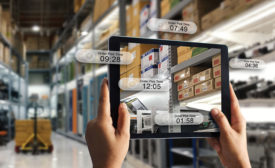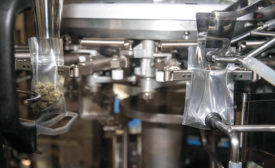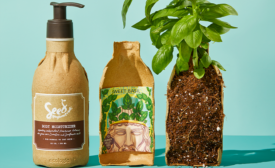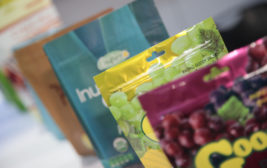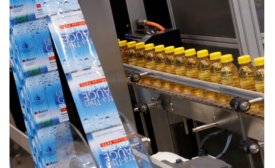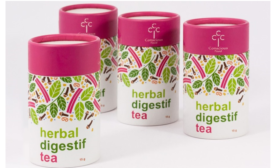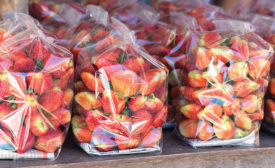Articles by Jorge Izquierdo
PACK EXPO Connects: Show
Flexibility, collaboration and automation offer keys to success in an omnichannel world.
Read More
PACK EXPO Connects: Show
Cannabis Gets Ready for Its Close-Up
Despite ongoing legal hurdles, an increasingly diverse market is poised for automation.
November 1, 2020
What’s in Your Sustainability Tool Kit?
Key considerations for brands and OEMs implementing eco-friendly packaging solutions
January 3, 2020
Embracing Sustainability in Food and Beverage Processing
Tackling Ethical Consumption in a Growing World
January 23, 2019
PMMI Corner
Setting good and great brands apart
A commitment to sustainability and wellness is an increasingly competitive tool to drive consumer preference.
August 15, 2016
PMMI Corner
The flexibility factor
Flexible packaging offers consumers a plethora of benefits.
May 11, 2016
Market Trends: Health Food Packaging
Trends in snack food packaging: From transparency to portability
As increasingly health-conscious consumers root out chemicals from their diets, packaging comes into play.
March 11, 2016
PMMI Corner
The sustainability factor
Companies that aim to reduce the environmental impact of their packaging earn the favor of consumers.
February 3, 2016
Keep the info flowing with our eNewsletters!
Get the latest industry updates tailored your way.
JOIN TODAY!Copyright ©2025. All Rights Reserved BNP Media.
Design, CMS, Hosting & Web Development :: ePublishing

